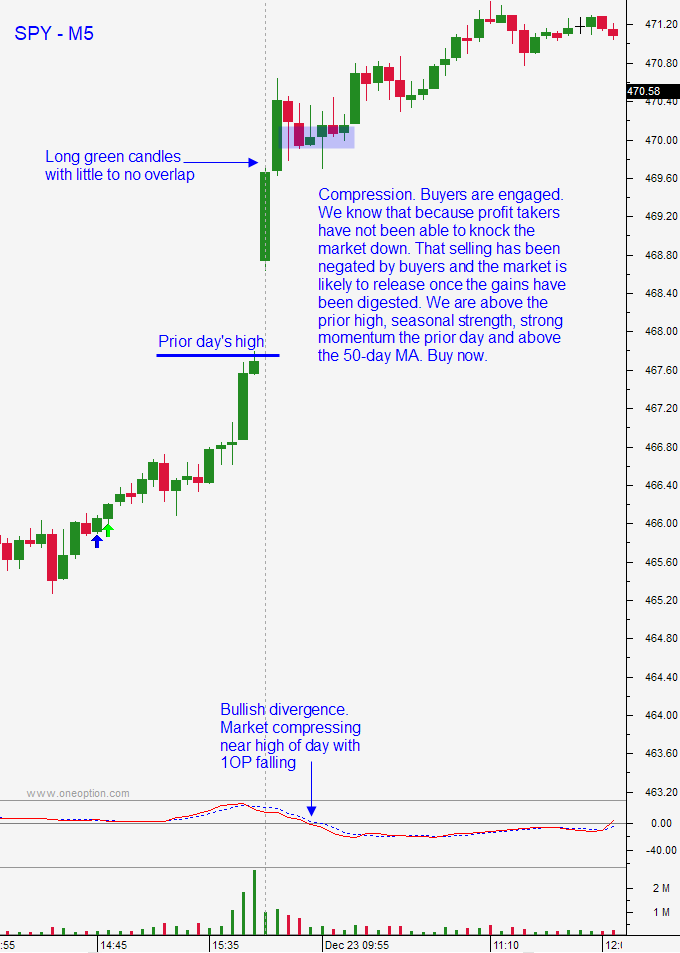In today’s option trading blog, I will look at positions that last three months or less and I will describe why I don’t like debit spreads. A debit spread is created by buying a closer to the money option and selling a farther out option. There are a number of issues I have with this strategy. If I’m looking for a big move and I’m considering an out of the money spread, why not just buy the long call/put? Chances are that I’m capping off my profit and receiving very little in return by selling an option that is two strikes out. The premium I sell offers little protection and I will have to fight another bid/ask spread and incur another commission charge. To complicate matters, as the spread “goes your way”, the option you sold will pick up speed along with the one you bought and your gain is muted. This result frustrates traders and prompts them to overstay their welcome. If they were just long the option, they would be realizing nice gains and taking profits. Many times I’ve waited for a spread to widen out and the false sense of security has kept me in the position. The next thing I know, the stock reverses and the profits are gone after I battle two bid/ask spreads to get out. There is nothing worse than being right and not making money. Sound familiar? If you are looking at an in-the-money (ITM) call debit spread, you are saying that you think the stock will go up a little or at least stay flat. In that case I suggest an out of the money put credit spread. You will have two bid/ask spreads to fight (not four) and half the commission charges. This assumes that you are right more than half of the time and your puts expire worthless (no commission or action required). If you are right less than half the time, you won’t have to worry about credit spreads or debit spreads or slippage. You’ll be looking for your next career… “Would you like to super size that?” Bottom line: If a stock is going to make a move and your confidence is high, don’t spread. Buy the option. If you’re fairly sure and you want to play it safe, sell an out-of-the-money credit spread.
The Problem With Debit Spreads.
Archives
June 5, 2009
3 min read









